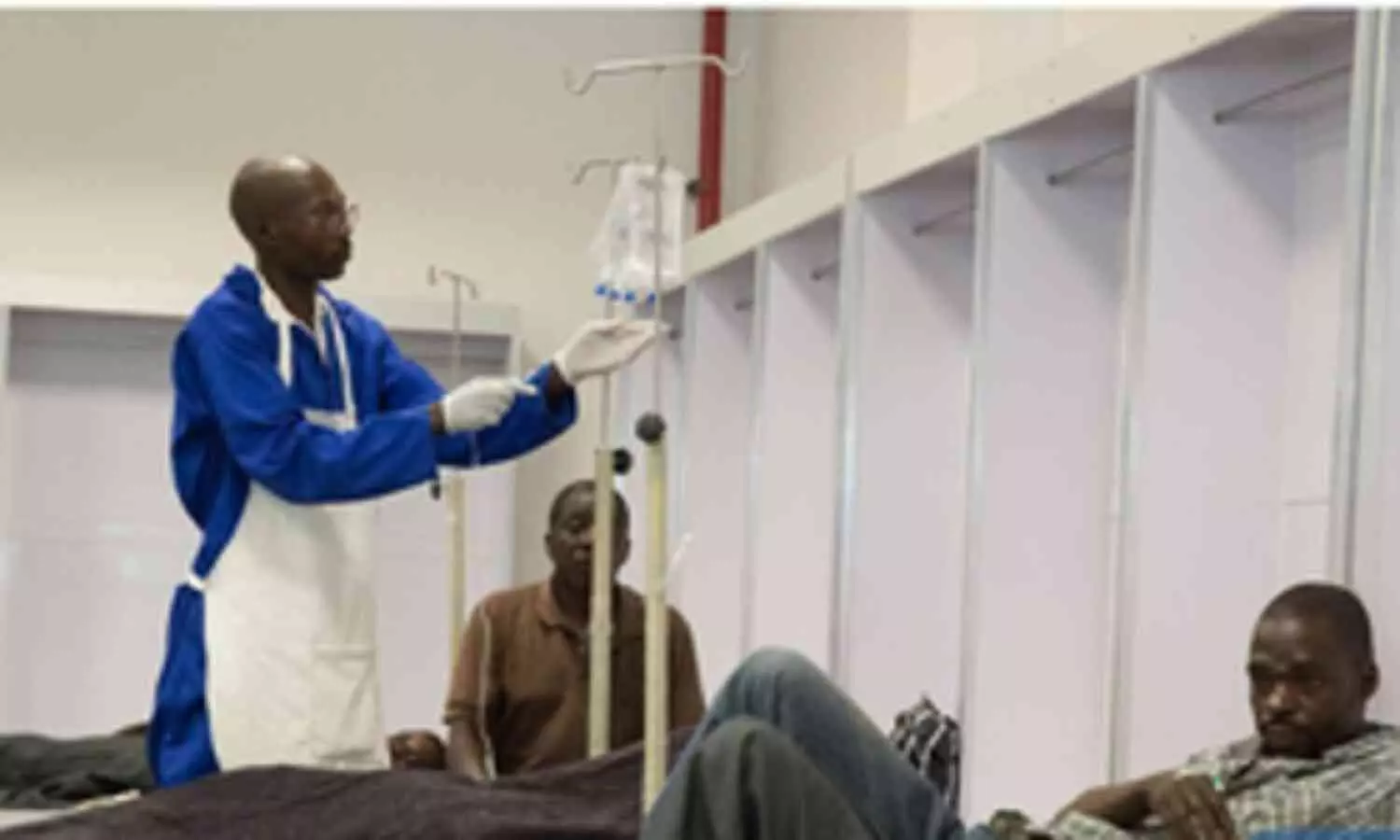Zambia Initiates Project to Enhance Health System Resilience

Lusaka: Zambia has launched a new initiative to bolster the resilience of its health systems against shocks caused by natural disasters and disease outbreaks. Supported by the World Bank, the Zambia Health Emergency Preparedness, Response, and Resilience Project forms part of a broader regional program aimed at enhancing health system resilience and improving multisectoral preparedness and response to emergencies across eastern and southern Africa.
Acting Health Minister Elias Mubanga announced that the project will span the entire country, benefiting over 2,000 community health assistants, 75,000 community-based volunteers, and numerous primary healthcare workers. According to Mubanga, Zambia faces significant climate change-related challenges, including frequent and severe flooding, high temperatures, and drought, which exacerbate issues like food shortages, disease outbreaks, and disruptions to essential services such as drug supply and equipment maintenance.
The initiative will focus on strengthening health systems' capacity to manage emergencies by building human resource capabilities at the primary healthcare and community levels and advancing digital health technologies. It will also improve emergency detection and response through a multisectoral approach and enhance emergency management structures. In addition, the project will procure 10 ambulances for neonatal and newborn care, 250 motorbike ambulances, and equipment for monitoring maternal and child health.
According to IANS, the project underscores Zambia's commitment to ensuring that its healthcare infrastructure can adapt to growing environmental and health challenges, safeguarding the well-being of its population.
The project is also expected to play a crucial role in Zambia's long-term health strategy by promoting sustainable healthcare solutions. By integrating digital tools and improving emergency response frameworks, the initiative aims to create a more robust healthcare system capable of addressing future crises. According to inputs from IANS, this holistic approach is designed not only to mitigate the immediate impacts of climate change and disease outbreaks but also to ensure that the country's healthcare system is equipped for long-term resilience and growth.


